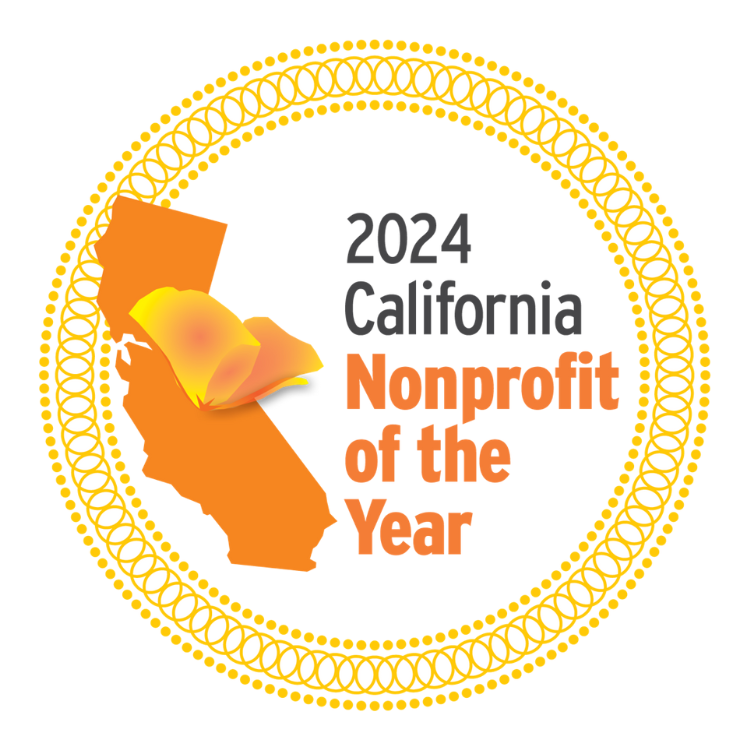Coastkeeper Partners with Long Beach Yacht Club to Restore Olympia Oyster Populations in the Region
-
Participants to suspend strings of oyster shells throughout the bay to collect native oyster larvae
-
Collecting native oyster juveniles in Alamitos Bay will contribute to a habitat restoration project
WHAT:
On Feb. 20 and 27, volunteer dock owners will receive strings of clean Pacific oyster shells to suspend throughout Alamitos Bay. In an effort to restore Olympia oyster populations in Southern California, Orange County Coastkeeper – in partnership with the California State Coastal Conservancy and California State University, Long Beach – is soliciting the help of the Long Beach Yacht Club to assist with an ongoing habitat restoration project in the Jack Dunster Marine Reserve.
Placing these oyster shells in the bay allows locally produced native oyster larvae to grow and provides additional habitat for the larvae. After the native oyster recruitment, or spawning, season – a period of about 30-45 days – participants will retrieve the shell strings from the docks and return them to the Coastkeeper team. The collected shell strings with young oysters will be placed on the mudflat into a community oyster restoration site in the Jack Dunster Marine Reserve.
WHY:
A single adult oyster can filter up to 50 gallons of water a day, allowing sunlight to penetrate so that foundations of the food chain, such as eelgrass, can thrive. Ecologically, oysters serve as indicators of overall health of the environment and, in the form of beds, provide habitat for attracting fish, crustaceans and other marine life. Restored native Olympia oyster beds provide valuable habitat for estuarine organisms, as well as contribute to improving water quality in Alamitos Bay. Oysters are ecosystem engineers: if they thrive, other species will too.
THREATS TO SPECIES:
Beginning in the 1900s, over-harvest of this species, increased coastal development, destruction of wetlands, and increased water pollution led to significant declines of the native Olympia oyster. Today, native oysters exist primarily as small remnant populations in bays and estuaries. The loss of entire habitats for Olympia oysters negatively impacted the critical ecological benefits provided by once healthy, fully-functioning components of our estuarine ecosystems.
SAFETY PROTOCOLS FOR VOLUNTEERS:
Volunteers are required to reserve a time slot to pick up the oyster shell strings and maintain a safe social distance. Other safety protocols – like wearing masks, wearing gloves and using hand sanitizer after touching surfaces – will be strictly enforced.
ADDITIONAL DETAILS AND CONTACT:
- Organizations:Orange County Coastkeeper
- When:Saturday, Feb. 20 and Feb. 27 from 1:30 to 3:30 p.m.
- Where: Alamitos Bay – Long Beach Yacht Club (6201 E. Appian Way Long Beach, CA 90803)
- Interviews available: For interviews with Orange County Coastkeeper, contact Hector Zermeño, Hector@gomixte.comor 619-732-0789 x432
- To attend, please RSVP ahead of time with Hector
- Links to use in your story:
###
ORANGE COUNTY COASTKEEPER: Orange County Coastkeeper is a member of the International Waterkeeper Alliance, which has 241 different independent programs across 40 countries. Founded in 1999, the mission of Coastkeeper is to protect and promote sustainable water resources that are swimmable, drinkable, and fishable. Coastkeeper is a nonprofit clean water organization that serves as a proactive steward of our fresh- and saltwater ecosystems. We work collaboratively with diverse groups in the public and private sectors to achieve healthy, accessible, and sustainable water resources for the region. We implement innovative, effective programs in education, advocacy, restoration, research, enforcement, and conservation. For more information, visit www.coastkeeper.org or call 714-850-1965.






